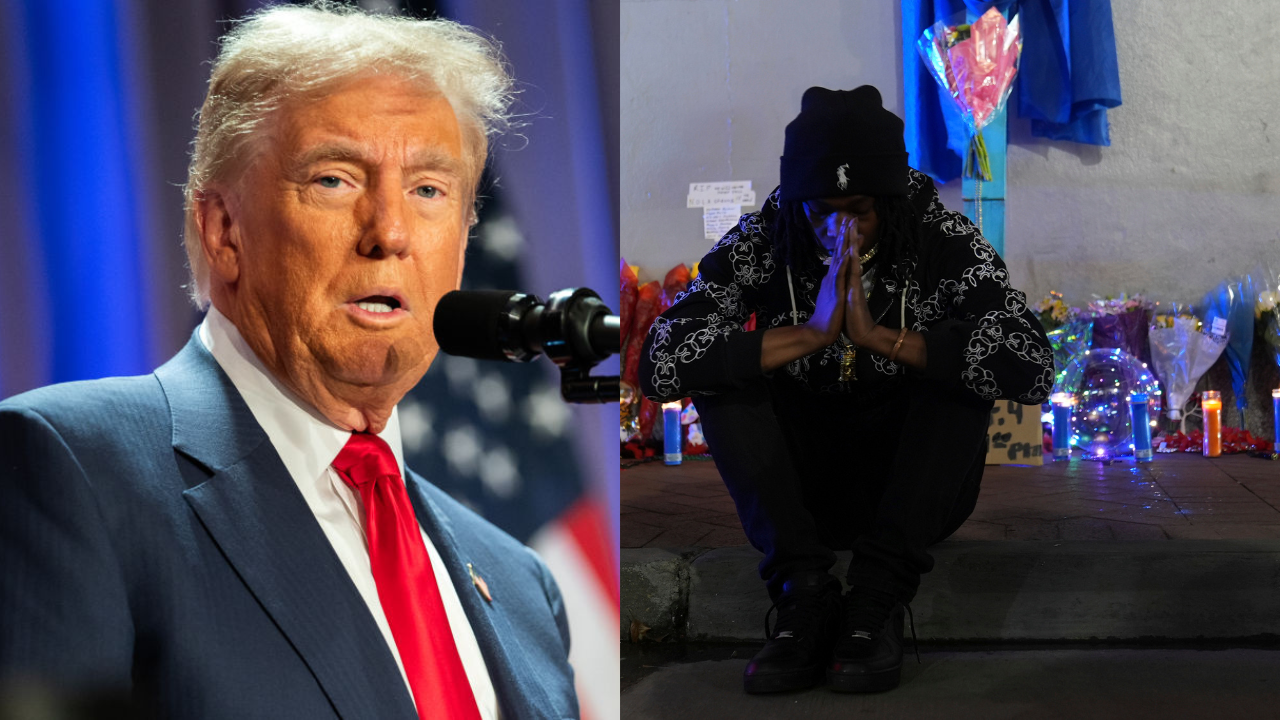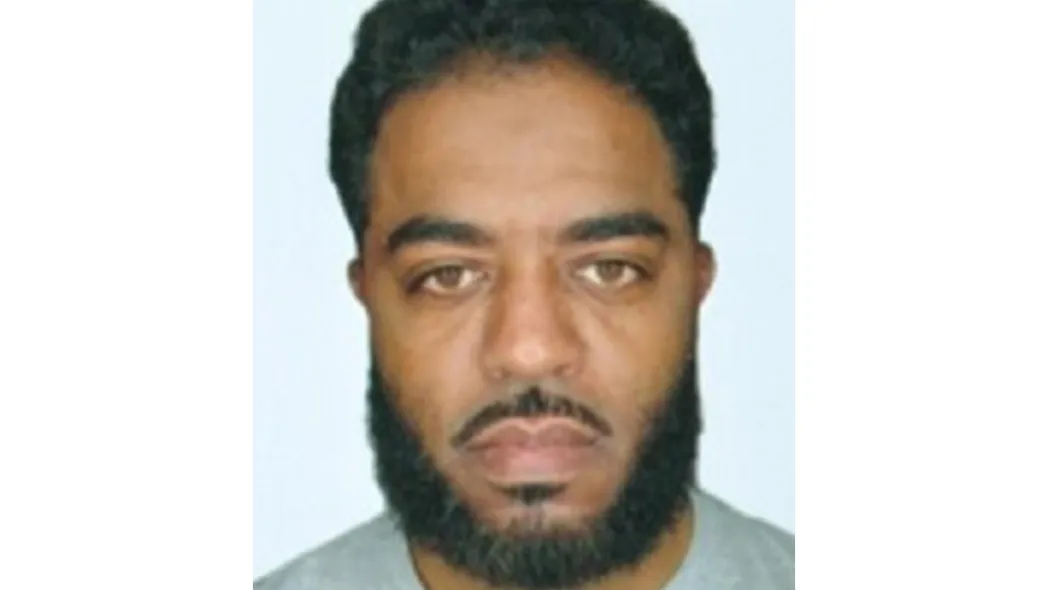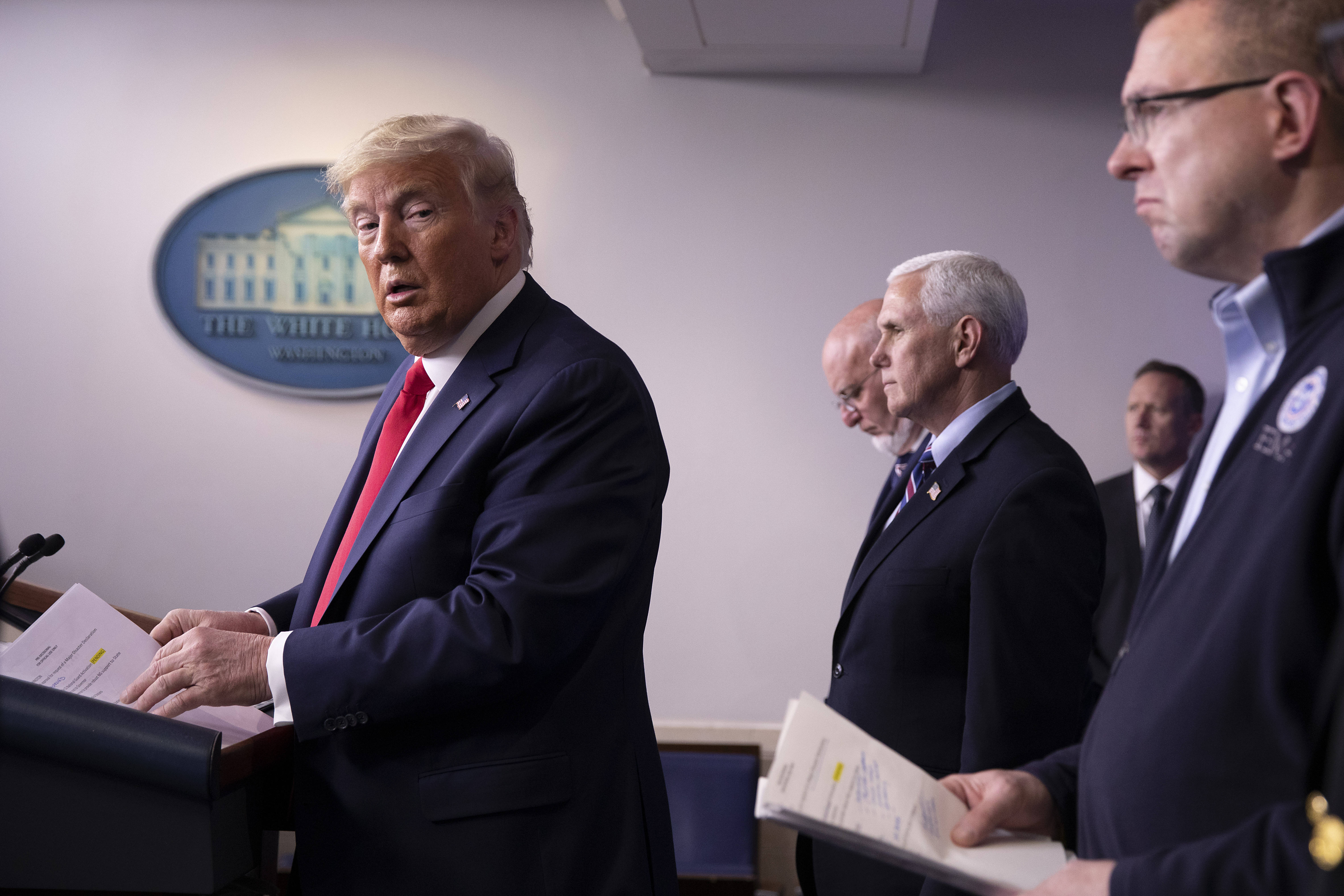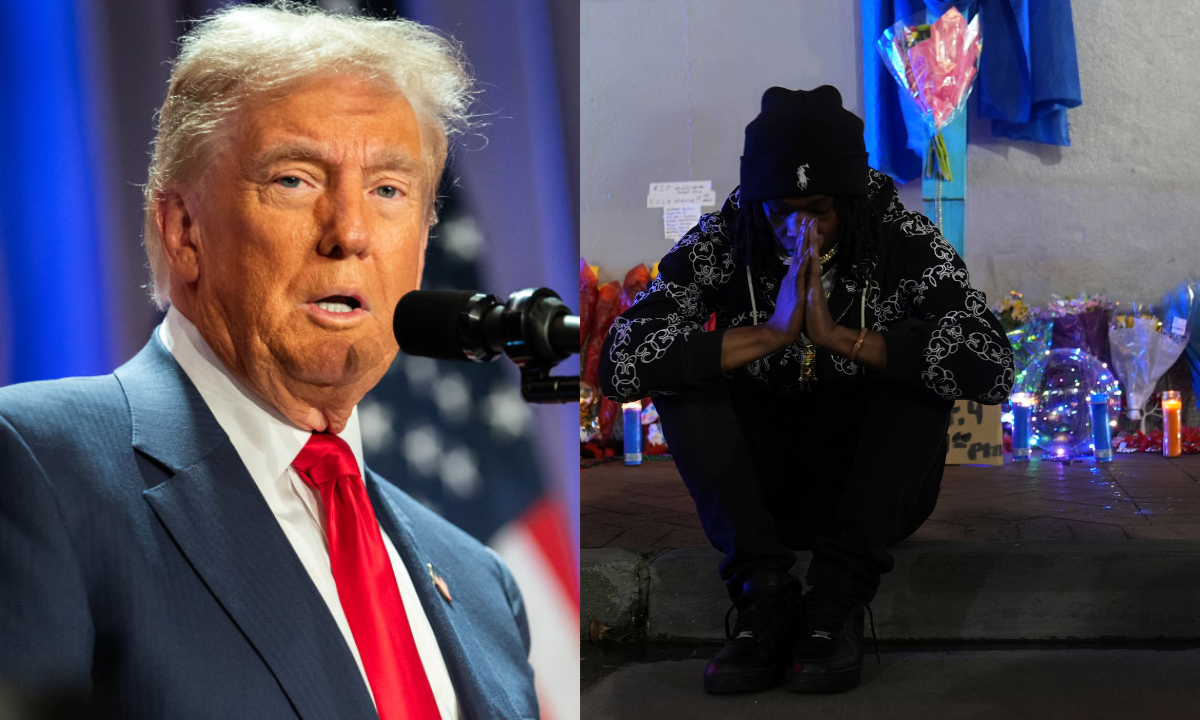Trump, Republicans slammed for using New Orleans attack to scapegoat Black, brown and immigrant communities

Congresswoman Yvette Clarke, D-N.Y., told theGrio Presidemt-elect Donald Trump “cares little for the truth, and even less for the communities his conspiracy theories and lies harm.”
After Donald Trump falsely claimed the deadly New Orleans terrorist attack on Bourbon Street was committed by an immigrant, critics are slamming the president-elect for scapegoating immigrant communities, particularly Black and brown people, as they also brace for his administration’s tough immigration policy proposals which include mass deportations.
“In this moment of terrible pain, president-elect Donald J. Trump has chosen to baselessly blame immigrants for such a heinous attack and for the harm caused by others,” said U.S. Rep. Yvette Clarke, D-N.Y., who was sworn in on Friday as the 29th chair (and the 10th woman) of the Congressional Black Caucus.
The congresswoman told theGrio, “It is truly cruel to knowingly spread dangerous falsehoods that threaten the lives of innocent people fighting for their own American dream free from persecution, and free to pursue the lives they deserve”
Rep. Clarke, who serves on the House Committee on Homeland Security and co-chairs the House Caribbean Caucus, said Trump “cares little for the truth, and even less for the communities his conspiracy theories and lies harm.”
Trump, she said, “has a history of ignoring any fact and amplifying any lie to further his agenda – the outcome of which consistently impacts marginalized Americans the most.” Clarke added, “There is no more room to excuse his behavior.”
In addition to Trump’s lie about the New Orleans attack that left at least 15 dead being committed by an immigrant, the suspect, 42-year-old Shamsud-Din Jabbar, was Black and Muslim. Communities of color and Muslims have often been on the receiving end of Trump and the Republican Party’s policies and rhetoric when discussing immigration and crime, including Trump’s Muslim travel ban that included a majority of African nations.

Rachel Carroll Rivas, interim director of Southern Poverty Law Center’s Intelligence Project, which monitors hate and extremism, told theGrio that “scapegoating” and placing “generalized blame” on Black and brown communities and Muslims is a core behavior exhibited by hate groups and extremists.
For example, Brigitte Gabriel, a group the SPLC considers the largest anti-Muslim organization in the U.S., has been “digging in” with “bigotry and conspiracies.”
“In these moments, there is kind of both a particular concern for the fallout on Black and brown people, particularly men in the U.S.,” said Carroll Rivas.
She added, “But also on Muslim people, and also on immigrants, and also on Jewish people, and also, and also, because the list of people who are targeted by hate groups and by these hard right movements, they don’t necessarily see the separation, and so they’re lumping everyone together.”
Another vulnerable community at the center of the New Orleans attack and the Tesla cybertruck explosion outside of a Trump hotel in Las Vegas, are members of the military and veterans, who are susceptible to radicalization, particularly online.
Asha Castleberry-Hernandez, an Army veteran and founder of the Diversity in National Security Network, told theGrio that while deradicalization and deterrence programs for the military community have improved over the years, challenges with mental health – especially among veterans – remain a grave concern due to inadequate access to health care services. In fact, data shows that Black veterans are disproportionately denied health care services.
Castleberry-Hernandez noted, “The mental health issue overall has been at an uptick, especially since COVID-19.”
But as it relates to criticisms that Trump and Republicans are scapegoating Black and brown communities by driving false narratives about immigrants and crime, Castleberry-Hernandez also noted a report from the Department of Homeland Security indicated white domestic terrorism – not acts committed by immigrants of color – was on the rise. Ironically, those warnings were ignored by President Trump during his first administration.

“He has more power to influence the American people than a report coming out from a federal agency,” said Castleberry-Hernandez of Trump.
Carroll Rivas of SPLC stressed the importance of federal agencies being led by individuals who “represent everyone and have the best interests of everyone at heart.”
“When people have very concerning commentary and actions in their past, that does not give us confidence they can be fair and can address serious problems,” she said of Trump’s incoming administration.
Ultimately, she said, vulnerable communities suffer when government leaders focus more on racial and ethnic stereotypes than addressing the actual threats to all Americans.
“We’ve seen a series of acts of domestic extremism and violence,” added Carroll Rivas. She continued, “The threatening of our infrastructure and transportation and electricity, the violence on Jan 6, the murders of Heather Heyer in Charlottesville, the attacks on the Haitian migrant community in Ohio. These are very problematic.”
Congresswoman Clarke maintained, “As long as far-right extremism centers the Republican Party’s rhetoric and policies, migrants and their families will remain at risk, racial and social tensions will continue to rise, and innocent people will continue to get hurt.”
The new CBC chairwoman told theGrio, “Rest assured, the Congressional Black Caucus recognizes there will be many falsehoods and conspiracy theories to counter. Under my leadership, we will always fight so that the truth rings louder than Donald Trump’s fiction.”
More must-reads:

